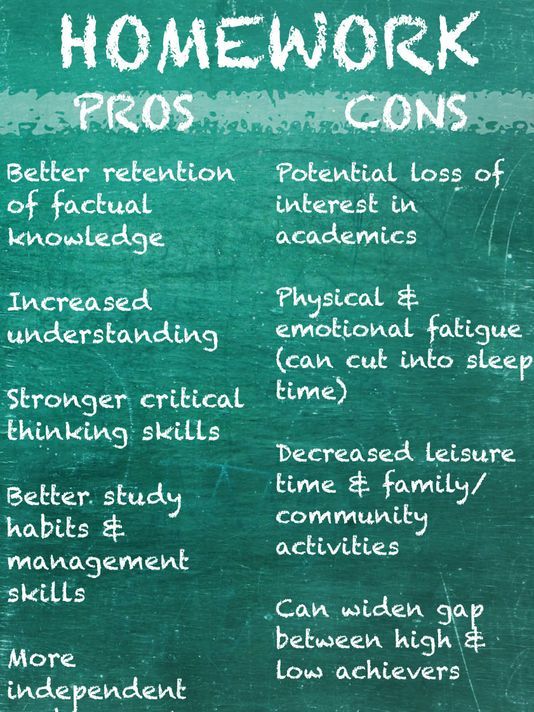The subject “homework” has sparked heated debates throughout the centuries globally. While there are no set of guidelines, regulations, or a working framework for homework, different countries have taken varied measures intending to enhance student welfare.
Studies seem to continue showing the negative side of homework with consequences such as sleep deprivation, physical exhaustion, emotional stress, and loss of weight taking center stage. This kind of report prompted the abolishment of homework for children under the age of 11 years throughout several states.
However, homework has been proven quite beneficial to student performance. For this to happen, experts recommend that these assignments should strictly be personalized to individual student needs. To make your homework effective, consider these key factors.
Traditional homework
Also known as “busy work” this type of homework assumes a “one size fits all” approach. In its structure, this kind of homework does not take into account that students vary in different capacities such as concentration levels and maturity. It just assumes that they are all the same and therefore has little to no impact on student achievements. On the downside, this kind of assignment stresses students. To avoid this, it would be best to replace it with a well-structured and personalized approach that involves parents and enhances the overall learning experience.
Personalized approaches
As the name suggests, parents suggest topics that can be discussed with their children while at home. In this approach, the learning experience is wrapped up with other activities and students might not realize that they are learning. For instance, they get to learn how to solve an arithmetic problem by computing a grocery budget for their household. This approach is recommended for students whose native language isn’t English. It further encourages parents to notify tutors of specific areas where they have identified their children struggling with for more refined accounting assignment help.
Different education systems
Finland is widely known to have one of the best education systems in the world. They have consistently stood out in the PISA (Programme for International Student Assessment) tests outdoing the U.K. in some subjects such as reading and math. But did you know that school hours are reduced and students aren’t given any homework in Finland? Yeah! That’s what happens. Their education system heavily relies on trust that their students get a quality education. This proves that homework does not necessarily make students brighter but rather the quality of the education offered during school hours.
Developing vital life-skills
Homework proves to be helpful when there is a positive outcome from it. Well, students exposed to investigative research during their term affirm this statement. While working on an assigned project, let’s say on the solar system, students get to investigate and have fun making models of their imaginary planets. This encourages the development of skills such as time management and organization skills. Furthermore, they get to build on their communication skills while presenting their work.
Well, all these are common practices at ACS Egham. We believe in creating an environment where children get a quality education with meaningful and personalized approaches. These keep them energized, spark their curiosity, and inspires creativity.
 Children should
Children should